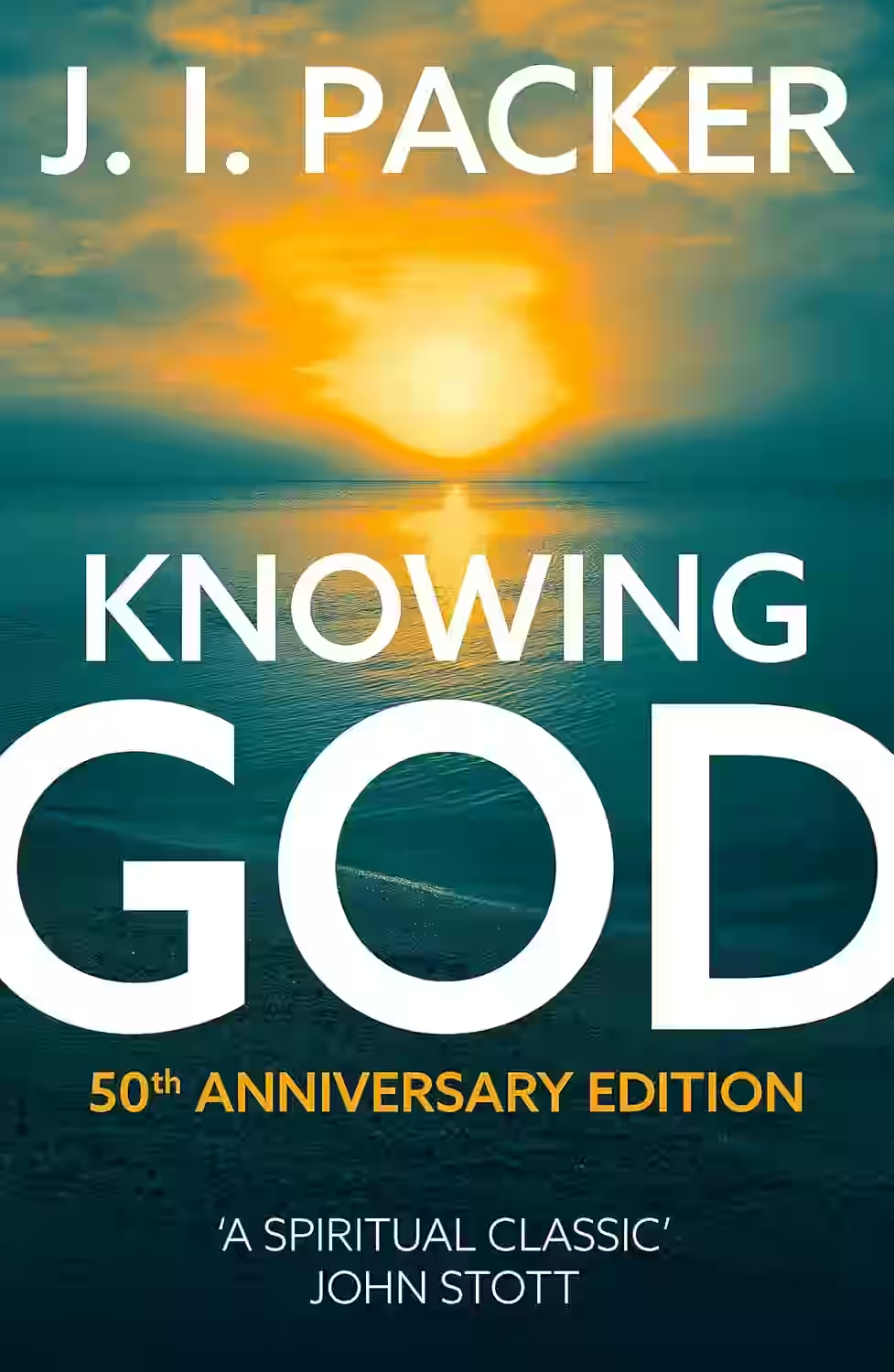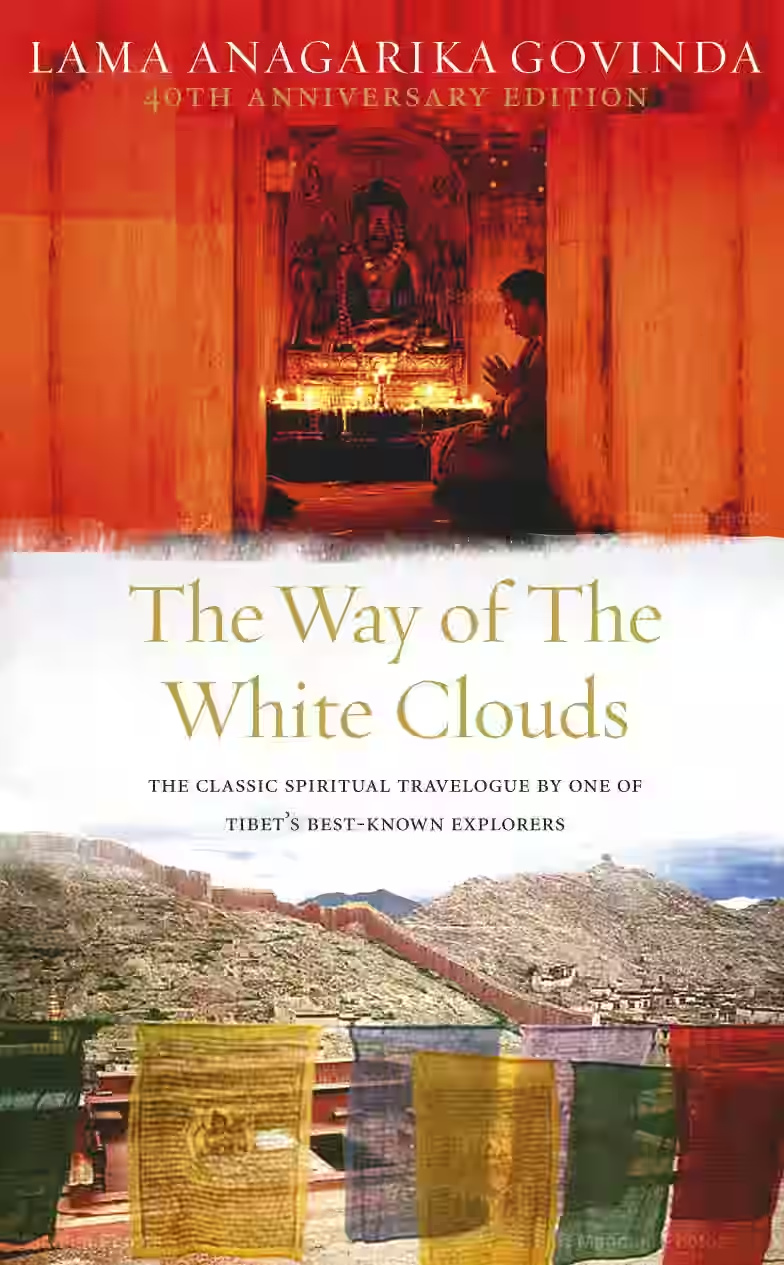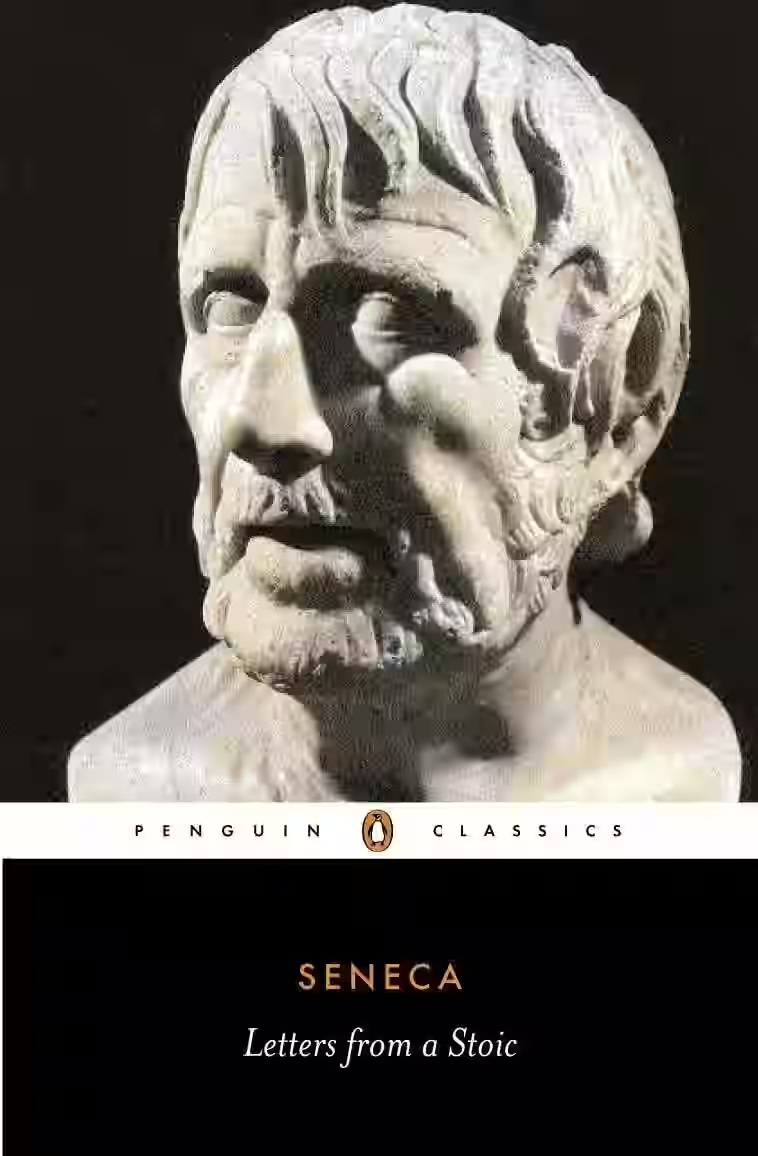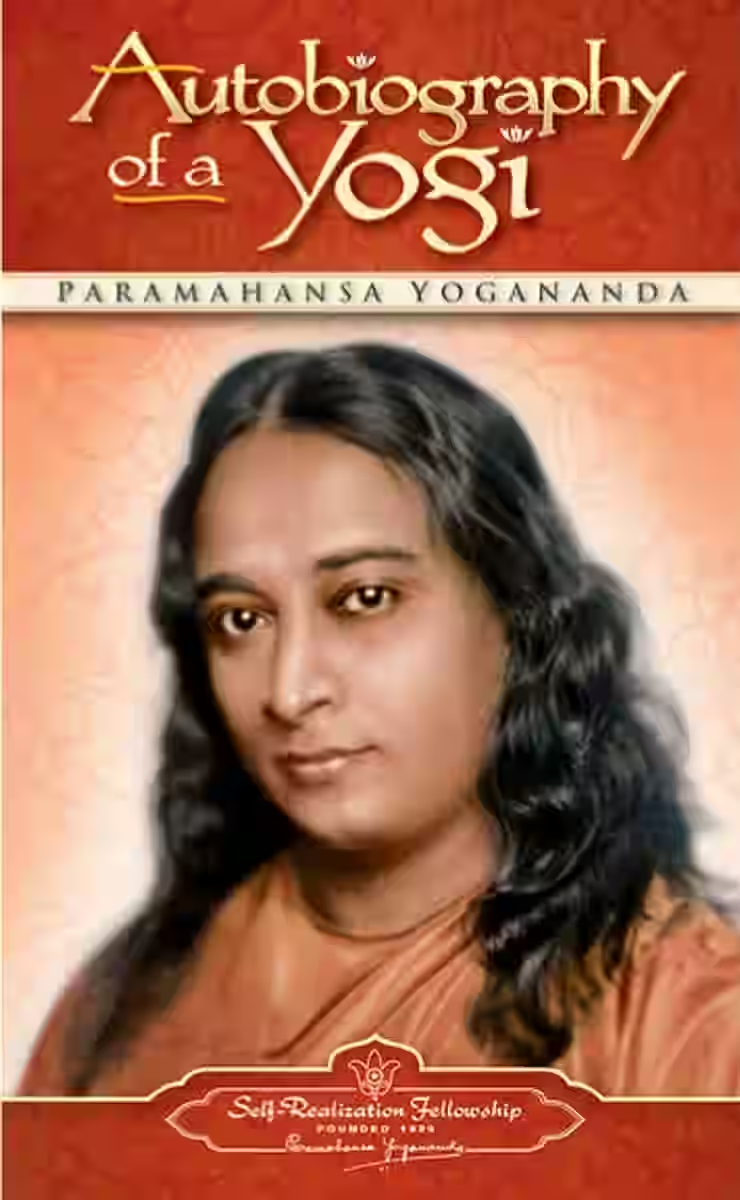
In 'Knowing God' by J.I. Packer, readers are taken on a profound exploration of the nature and character of God. Packer delves into theological insights with a personal touch, guiding readers to not just grasp intellectual concepts but to truly know and experience God intimately. Through careful analysis and heartfelt reflections, the book tackles important topics like the attributes of God, salvation, prayer, and the purpose of knowing God. Packer's writing is both scholarly and accessible, making this work a timeless classic that continues to impact readers seeking a deeper understanding of their faith.
About J.I. Packer
J.I. Packer (James Innell Packer) was a British-Canadian theologian, author, and professor, known for his profound influence in the field of evangelical Christianity. Born in 1926, Packer studied at Oxford University and later taught theology at various institutions, including Regent College in Vancouver. His classic work 'Knowing God' published in 1973, remains a cornerstone of Christian literature, touching the hearts of readers worldwide with its deep insights on the nature of God and Christian faith. Packer's writings reflect his commitment to orthodox theology and spiritual growth. Throughout his career, he inspired countless readers with his thoughtful and impactful reflections on the Christian faith.
Similar Books

The Way of the White Clouds
This spiritual travelogue chronicles Lama Govinda’s journey through the Himalayas in search of sacred Buddhist teachings and practices. Merging travel writing with philosophical reflection, the book details encounters with monks, yogis, and the mystical landscapes of Tibet. With poetic language and deep reverence, Govinda explores Tibetan Buddhism, meditation, and the inner path to enlightenment. His experiences illuminate the harmony between inner and outer worlds. As a bridge between Eastern and Western spiritual traditions, the book has inspired generations of seekers interested in Tibetan culture, mysticism, and the transformative power of contemplative pilgrimage.

Letters from a Stoic
by Seneca
A cornerstone of Stoic philosophy, Letters from a Stoic is a collection of personal correspondence from the Roman philosopher Seneca to his friend Lucilius. These letters offer timeless wisdom on topics such as grief, wealth, friendship, fear, and the art of living. Seneca advocates for virtue, rationality, and emotional resilience, emphasizing control over one’s inner life regardless of external events. His practical advice and moral reflections are accessible yet profound, making this a foundational text for anyone seeking clarity, discipline, and inner peace. It remains a vital guide for modern readers exploring the philosophy of Stoicism.

Be Here Now
by Ram Dass
Part memoir, part spiritual guide, Be Here Now traces Harvard psychologist Richard Alpert’s transformation into Ram Dass after a life-altering trip to India. Blending Eastern philosophy, psychedelic exploration, and yoga teachings, the book offers a path to mindfulness and enlightenment. Its iconic illustrations and free-form structure embody its message of living in the present moment. Ram Dass emphasizes love, surrender, and the inner journey, encouraging readers to release ego and awaken to higher consciousness. A seminal work in 1970s counterculture, it remains a deeply influential text for spiritual seekers, mindfulness practitioners, and open-hearted wanderers alike.

Autobiography of a Yogi
This spiritual classic chronicles Yogananda’s journey from childhood in India to his role in introducing millions to yoga and meditation in the West. Through encounters with saints and mystics, he shares insights into self-realization, spiritual practice, and the unity of all religions. Blending autobiography with metaphysical teachings, the book explores miracles, divine love, and the hidden potential within every person. Revered by figures like Steve Jobs, it has become a cornerstone of modern spiritual literature. Its message encourages readers to seek inner peace and truth beyond materialism, through meditation and direct experience of the divine.